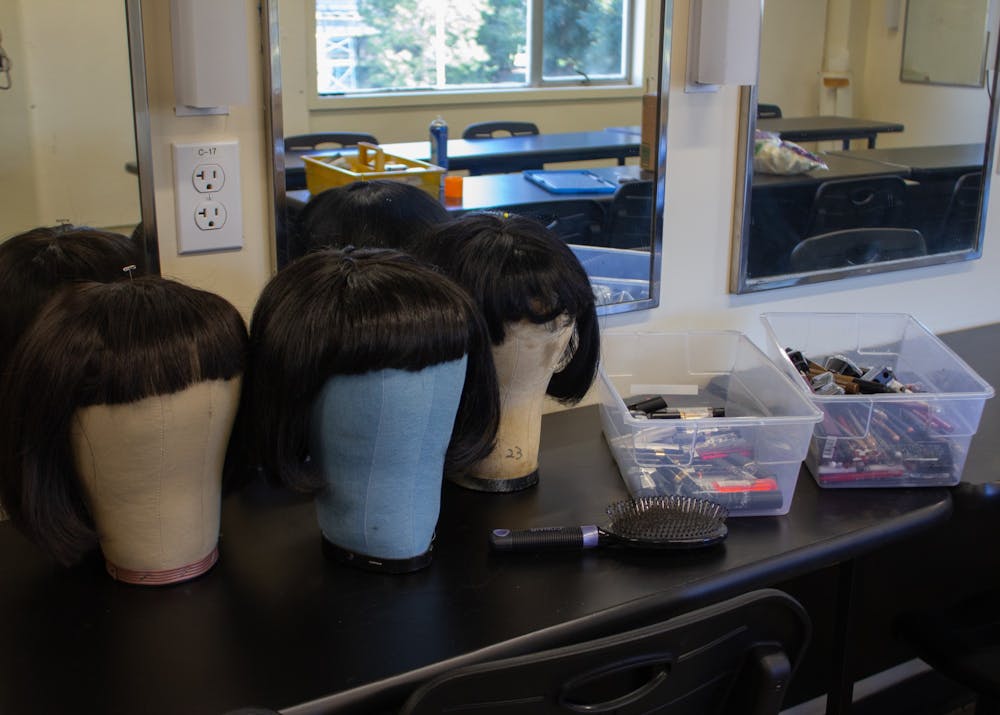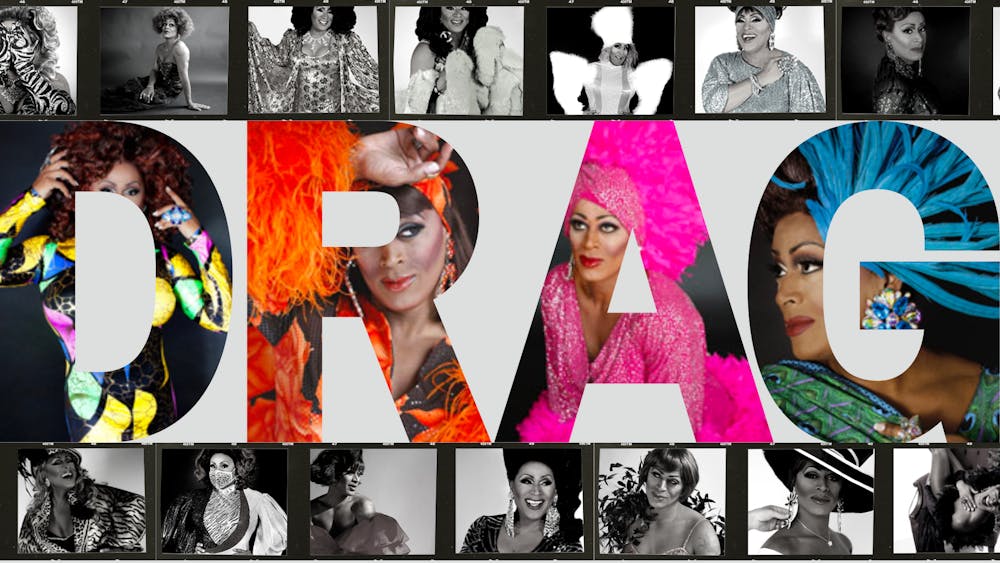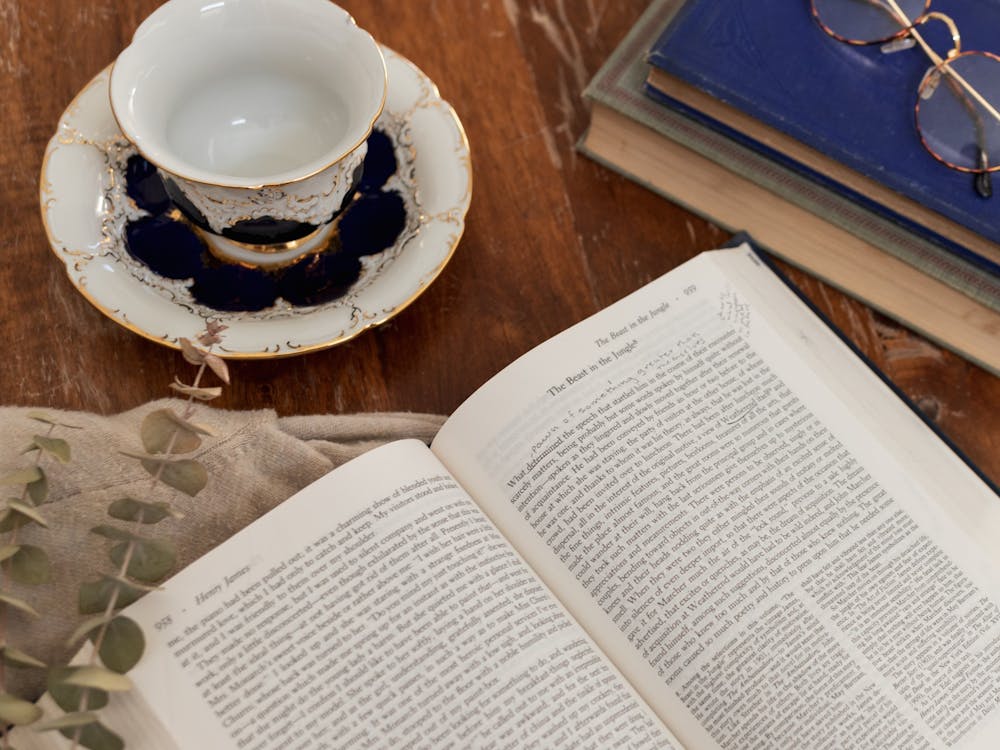The art of drag is an integral element of queer culture, and it’s something the Gender and Sexuality Partnership (GSP) club has been wanting to bring to UP for some time now.
On March 12, GSP will host its first ever drag show at Pilots After Dark, taking place at 9 p.m. that night.
“We're taking the spirit of the original ballroom culture and we're bringing it to UP,” President of GSP August Stone said.

Portland Based Drag Queen, Poison Waters, will be performing a show called “Poison Waters and friends,” which will feature her as well as three to four other drag artists. Kevin Cook, who goes by the drag name Poison Waters, has been working in the Portland area and doing drag for over 30 years.
“There's going to be a drag show, and that's going to consist of lip synching performances, comedy and a Q&A at the end for students and faculty to ask questions,” Stone said.
Aside from professional drag artists performing for the show, student participation will also be included. Freshman Carter Wolff will be dressed in drag by the UP fine arts and theater department.
“It's to make people laugh, but it's also self expression,” Wolff said. “Being able to show yourself and kind of be a character but also channel yourself through that character.”
Wolff was given the opportunity to be put in drag through a survey given out within GSP. This performance will be his first time doing drag.

“I've loved drag and the idea of drag for a long time so the answers just came naturally,” Wolff said.
Head of the costume department, Gregory Pulver, was approached by GSP with the project, and replied with an immediate yes, having worked with drag for several years.
“With the popularity of RuPaul’s Drag Race and all of the other popular drag personalities on stage, I knew how this would be a great event,” Pulver said. “This would also be great exposure for GSP and LGBTQAI+ students and allies on campus.”
In addition to Pulver, students Kailey Aschemeyer, Alexa Bayliff and Lilly Grey Rudge will be working in the costume department for the show with Rudge working as the stage manager.
Being able to put on the show was not a simple feat, yet Stone and their other club members were determined to make it happen.
“We've come a really long way in the last four years with GSP and administration,” Stone said. “We’re the largest club on campus, and we've built up a rapport with admin, we tend to follow through.”

Psychology professor and faculty advisor for GSP Erin Currie worked alongside students and administration to get the show approved. They acted as a communicator, smoothing out bumps in the road that came up between GSP and administration. They described the process as cautious yet hopeful.
“I'm tentatively positive,” Currie said. “Because of Catholic stances on LGBTQ+, gender, and things like that, the collaboration is still building trust.”
Throughout history, drag has been used as a celebration, competition, art form and show, as well as a form of protest, according to Stone.
“People of color doing drag was a way of standing up,” Stone said. “It's really big thing and it's been a constant in queer culture since. It creates the space, so it's really important that we are now getting to do that.”
Wolff echoed this claim in the context of UP, describing the significance of having a drag show that is sanctioned by the university.
“I see it as a way to be what we thought wasn't allowed on campus, very proudly, at a school sponsored event,” Wolff said.
Kate Cuadrado is the Sports Editor for The Beacon. She can be reached at cuadrado24@up.edu.








